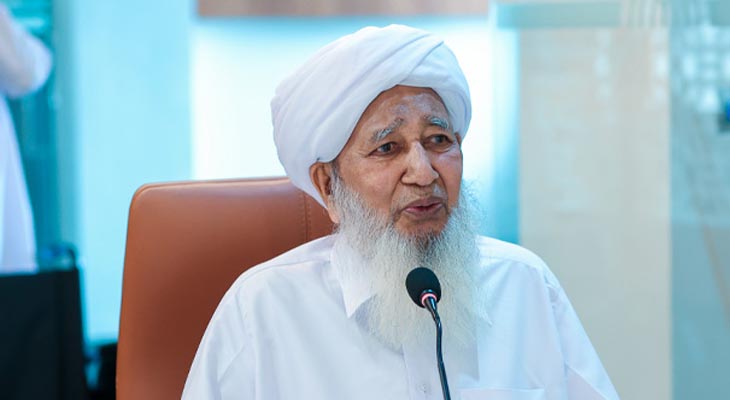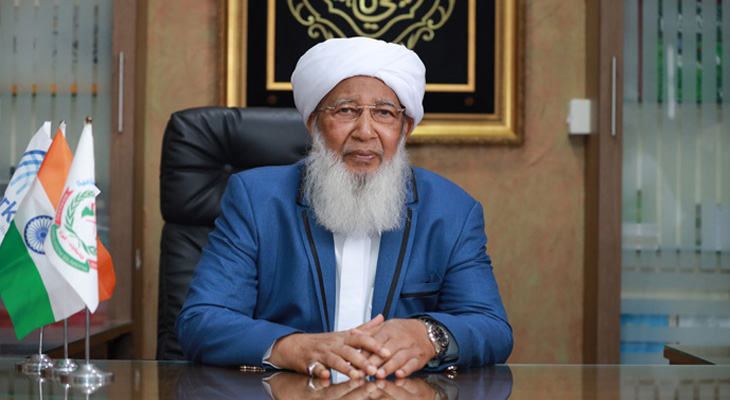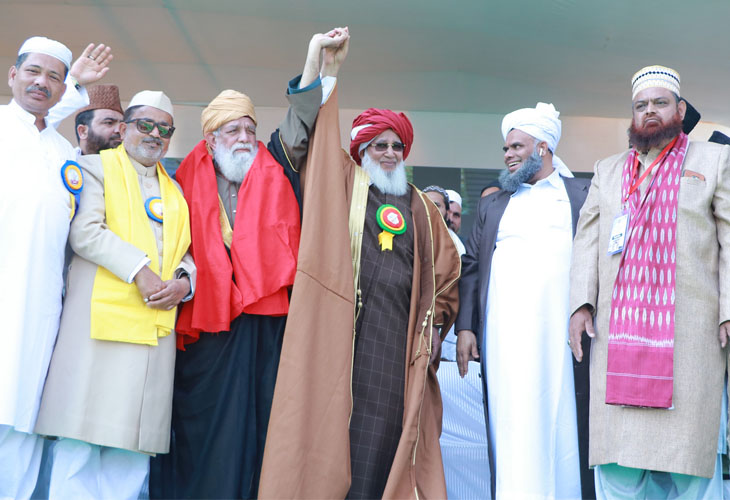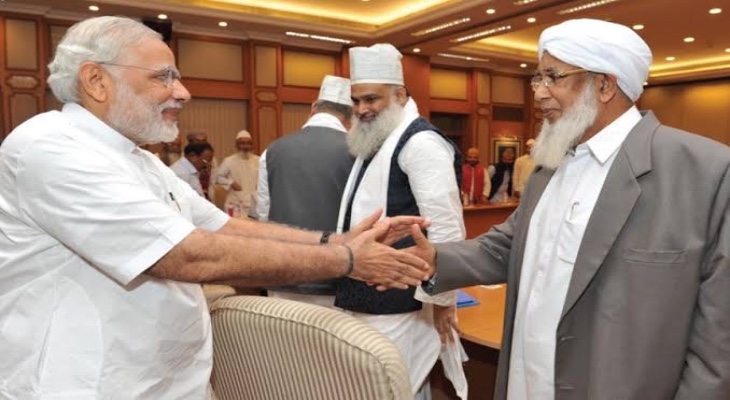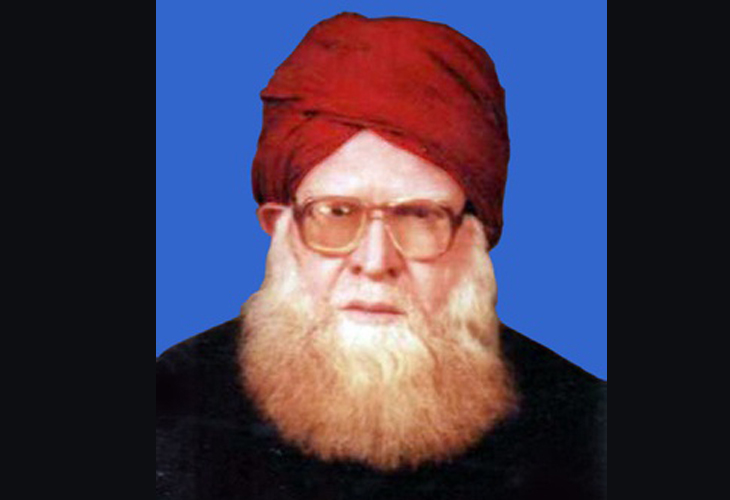New Delhi: In a strong statement issued today, the Grand Mufti of India, Sheikh Abubakr Ahmad, has expressed deep concern over the recent Waqf Amendment Bill introduced by the Central Government. According to the Grand Mufti, the proposed amendments pose a significant threat to the very concept of Waqf in Islam and could severely undermine the Waqf Board's autonomy and essential functions.
The Grand Mufti emphasized that the Bill contains over 40 amendments, many of which he believes will erode the dignity and operational independence of the Waqf Board. He criticized the Bill for not addressing the better management of Waqf properties but instead focusing on granting the government excessive control, which could jeopardize the Waqf system's integrity.
One of the key points of concern highlighted by Sheikh Abubakr Ahmad is the amendment requiring full compliance with revenue rules before properties can be transferred to Waqf. He argued that this could lead to unnecessary bureaucratic hurdles and hinder the creation of new Waqf properties. Additionally, the Grand Mufti questioned the rationale behind the inclusion of two non-Muslim members on the Waqf Board, an entity intrinsically linked to the Muslim faith.
The Grand Mufti warned that if the Bill is passed, it could open the door for squatters to more easily acquire Waqf properties, a problem already prevalent in the country. He noted that this is a matter of serious concern, especially given the ongoing encroachments on Waqf properties.
Another troubling aspect of the Bill, according to Sheikh Abubakr Ahmad, is the proposed government power to conduct fresh inspections of Waqf properties declared as "disputed lands." He expressed apprehension that this move could be exploited amid conspiracies to declare Muslim shrines and Waqf properties as disputed, potentially leading to further conflicts.
In light of these concerns, the Grand Mufti called on the Central Government to withdraw the Waqf Amendment Bill and engage in open dialogue with Muslim scholarly leadership and organizations to address the issues raised by the proposed amendments. He stressed that the sanctity of Waqf properties and the autonomy of the Waqf Board are crucial to the religious and social welfare of the Muslim community in India.
The Grand Mufti's statement reflects the growing unease among the Muslim community regarding the potential implications of the Waqf Amendment Bill and underscores the need for careful consideration and consultation before any changes are made to the existing Waqf laws.

